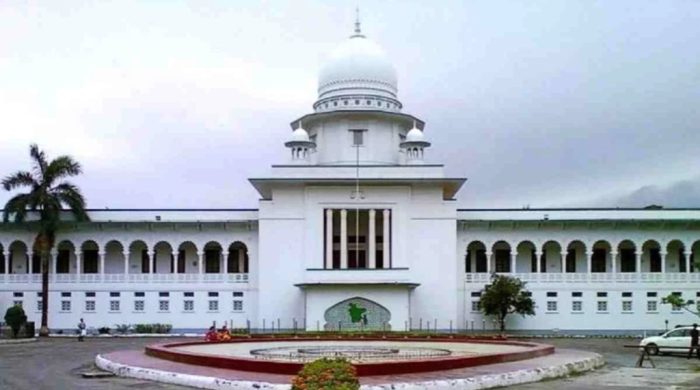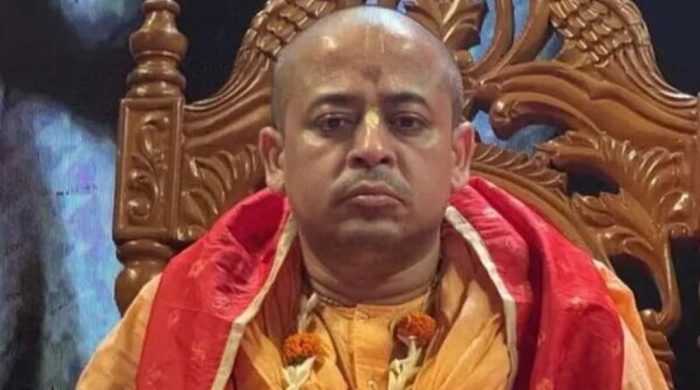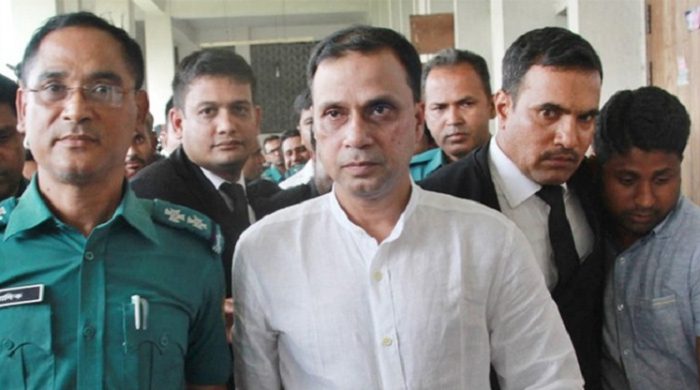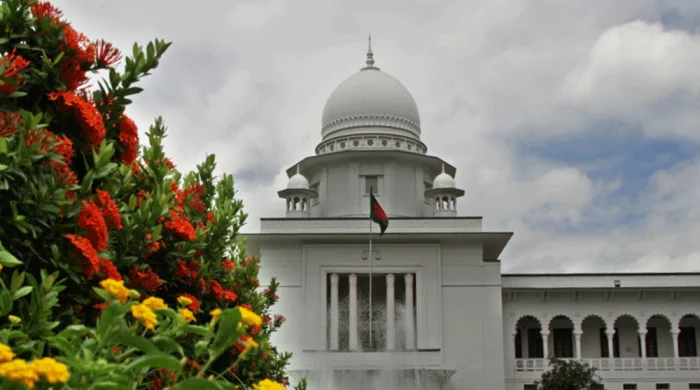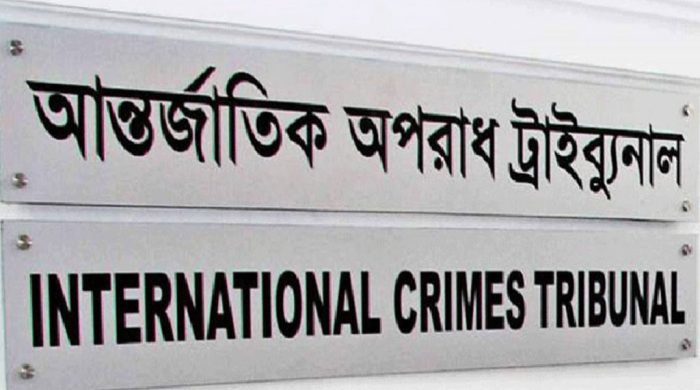Use of Bangla in all spheres still elusive

- Update Time : Saturday, February 20, 2021
- 170 Time View
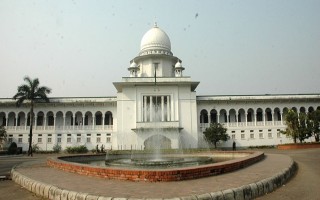
The government has largely failed to implement Supreme Court directives issued in 2012 and 2014 that require the use of Bangla in all spheres of life and stopping distortions of the language.
A law enacted three decades ago requiring introduction of Bangla in all spheres of life also remains ignored by and large.
The Law Commission in 2011 sent a proposal to the government to implement the Bengali Language Implementation Act but no government took any move to enforce it.
There is also no progress in implementing the High Court directives that asked the government to use Bangla in all hoardings, sings and nameplates, set up a museum with a library on any side of the Central Shaheed Minar in Dhaka and prepare a list of the language heroes.
On February 17, 2014, the High Court, after hearing a public interest writ petition filed by Supreme Court lawyer Md Eunus Ali Akond, asked the government to ensure the use of Bangla in all hoardings, signs, nameplates and vehicle number plates.
The court also issued a ruling on the government to explain why its failure to implement the Bangla Language Introduction Act 1987 would not be declared illegal.
Eunus told New Age that the HC directive to use Bangla in all nameplates was largely being flouted as English was still used in many cases.
The government, he said, is yet to reply to the ruling that asked it to explain its failure to introduce Bangla in all spheres.
According to Eunus, all the proceedings in the Supreme Court are still conducted in English.
A few judges write judgements in Bangla, he said, adding that the Appellate Division Rules and the High Court Rules are in English while the petitions too are written in English.
The High Court after hearing a writ petition filed by Human Rights and Peace for Bangladesh on August 25, 2010 issued eight directives.
They included preparing a list of the language movement heroes, building Shaheed Minar at all universities and other educational institutions across the country, setting up a museum along with a library on any side of the Central Shaheed Minar in the capital.
The High Court asked for preventing anti-social activities at the Central Shaheed Minar, prohibiting functions or meetings on the main part of the minar, appointing three security guards to protect the area.
The HC directed honouring the language heroes, both dead and alive, with awards for their contribution to the movement and providing financial support to the language heroes,
The HC instructed the authorities to publish brochures containing the history of the language movement both in Bangla and English for the distribution among the visitors to the country, invite all the language movement heroes to all state programmes and ensure all governmental facilities for them.
But none of the directives was implemented yet, lawyer Manzill Murshid who represented Human Rights and Peace for Bangladesh’s told New Age.
He went on that the government also continued to flout another directive issued in 2012, addressed to the cultural secretary, to report every three months the progress of the implementation of the eight directives issued in 2010.
He said that the 2012 directive was issued after the HRPB filed a contempt petition against the secretaries of the ministries of culture, liberation war affairs and public works, the mayors of the two Dhaka city corporations and the Dhaka University vice-chancellor for their failure to implement the eight directives.
‘You can’t even find a space to stand on the Shaheed Minar premises because of parking of various types of vehicle, including motorcycles, rickshaws,’ said Tourism Developers Association of Bangladesh chairman Syed Habib Ali.
‘If this is the condition there, how can we bring foreign visitors to the Shaheed Minar site?’ he said.
He observed that if a museum with a library was constructed beside the minar, more local and foreign visitors would come there.
‘I don’t think that the directives of the High Court have been implemented,’ Dhaka University vice-chancellor Md Akhtaruzzaman told New Age.
As he said, the university’s protectoral team only takes care of the Central Shaheed Minar just before and during the observance of February 21 every year but during the rest of the year the nation’s glorious site is left in neglect resulting in untoward incidents there.
‘It is unfortunate that we can’t preserve and protect our historic Shaheed Minar the way we should,’ the vice-chancellor added.
‘The Dhaka South City Corporation has continued its drives to enforce the High Court directive to use Bangla mandatorily in nameplates, signboards, billboards and banners,’ a DSCC press release said on Thursday.
No comment was, however, received from the DSCC regarding the other HC directives concerning the Shaheed Minar.




